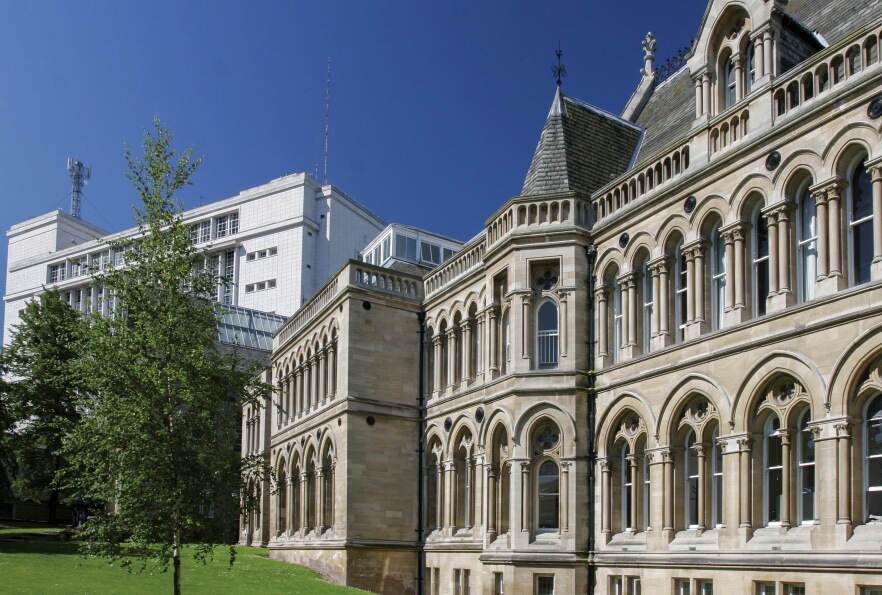Overview
Climate change is a global threat to humanity today. Many models have been developed to predict global warming and Greenhouse gas emissions, with one example being the EN-ROADS climate simulator. However these models are
generic and do not focus on the impact of a specific industry or individuals organisations’ actions. Faculty at Nottingham Business School have carried out a number of studies that demonstrate how simulation models can be developed and used to support learning and insight generation. The purpose of this project is to develop empirical evidence to confirm whether useful learning can be obtained from using predictive climate change models. Models are envisioned to focus on the supply chains of fashion products.
The specific objectives are:
· To develop an understanding of existing climate change models
· To develop suitable simulation models to predict the impact of fashion supply chains on climate change.
· To design an experimental study to determine user learning and behavioural change from using climate change models by organisations
This project will make a significant contribution to the fields of simulation modelling in climate change and behavioural operational research.
The PhD candidate will aim to develop an understanding of existing climate change models and choose or develop a customised model for the purposes of the study. Furthermore, it will involve the development of climate change models of fashion supply chains and the design of computer model laboratory experiments (with students) that will aim to determine what and how participants learn from these models. The models will utilise publicly available data and information.
This PhD project will aim to determine whether and how climate change simulation models can be used to influence individuals’ knowledge, attitudes and perceptions of sustainable environmental practices and promote climate action in fashion supply chains. The knowledge gained will provide a valuable contribution to research on climate change modelling and especially on behavioural research methodologies on how simulation models can be used to support learning.
Staff profiles
Entry qualifications
MSc in business, management or other social science discipline relevant to the topic. Qualitative methodological skills.
How to apply
Applications are open all year round. Please visit our how to apply page for a step-by-step guide and make an application.
Fees and funding
This is a self-funded PhD project for UK and International applicants.
Guidance and support
For more information about the NBS PhD Programme, including entry requirements and application process, please visit: https://www.ntu.ac.uk/course/nottingham-business-school/res/this-year/research-degrees-in-business
Nottingham Business School is triple crown accredited with EQUIS, AACSB and AMBA – the highest international benchmarks for business education. It has also been ranked by the Financial Times for its Executive Education programmes in 2023 and 2024. NBS is one of only 47 global business schools recognised as a PRME Champion, and held up as an exemplar by the United Nations of Principles of Responsible Management Education (PRME).
Its purpose is to provide research and education that combines academic excellence with positive impact on people, business and society. As a world leader in experiential learning and personalisation, joining NBS as a researcher is an opportunity to achieve your potential.
